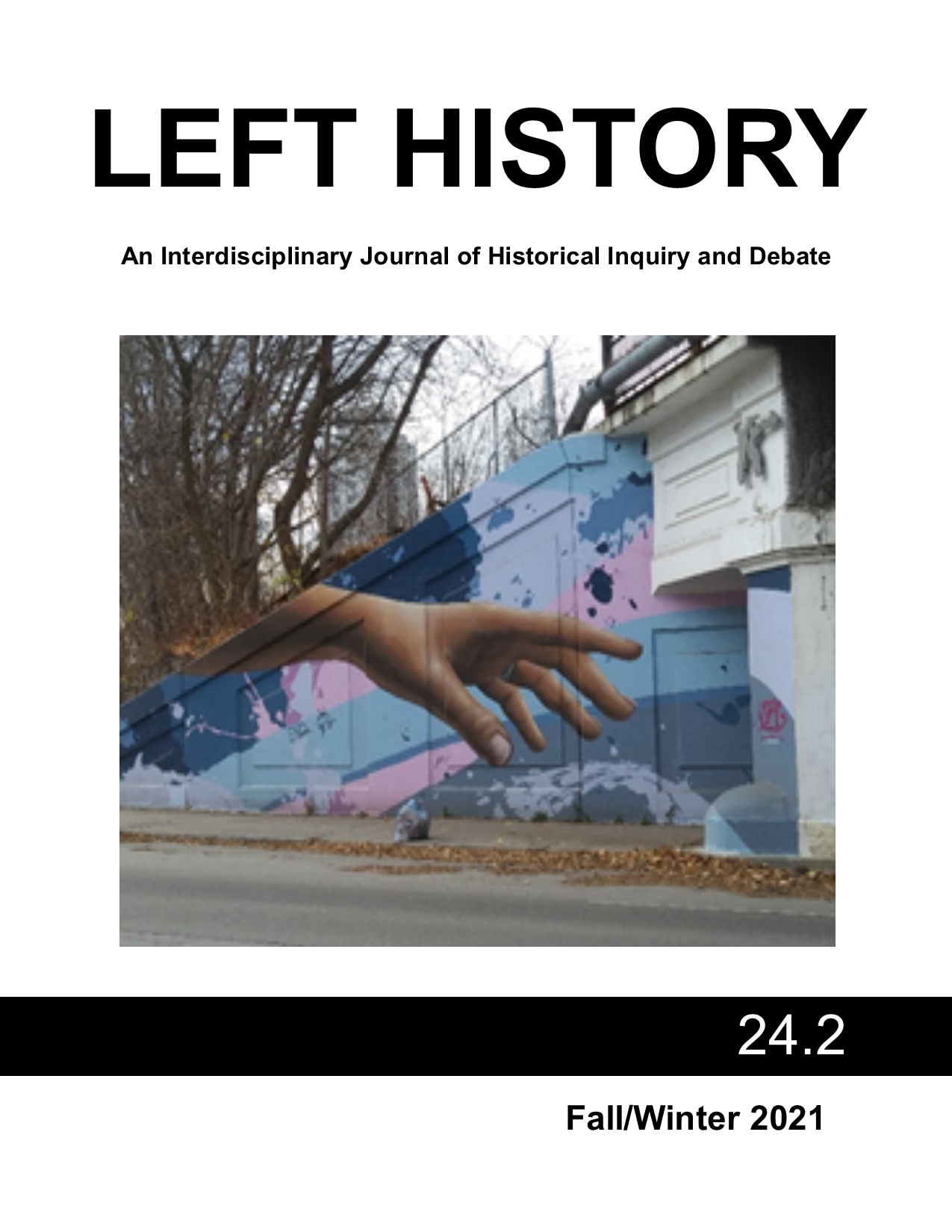Agents Provocateurs: State Infiltration in BlacKkKlansman and the Greensboro Massacre
DOI:
https://doi.org/10.25071/1913-9632.39636Abstract
In 2018, director Boots Riley posted a short, but scathing critique of the film BlacKkKlansman to his Twitter. His criticism emanates mostly from the film’s portrayal of the real-life police detective Ron Stallworth as a hero and its numerous omissions regarding Stallworth’s infiltration of Leftist groups. Much of Riley’s commentary focuses on the film’s failure to account for the police as a foundational aspect of everyday white supremacy, but his essay also speak to the consistent use of white nationalist forces by the State to suppress Leftist and Black radical activism. This paper uses both the film and memoir BlacKkKlansman, as well as Riley’s critique, to frame an analysis of the Klan as a synergistic form of State, white nationalist, and anticommunist repression against a broad spectrum of Leftist activism. Beyond Stallworth, I focus on the Greensboro Massacre of 1979, in which Klansmen and Neo-Nazis murdered five Communist Worker’s Party organizers. The events in Greensboro prove a far more representative example of the true nature of police infiltration of radical groups than those presented in BlacKkKlansman. I argue that despite the popular belief that the Klan and Communist groups constitute the disavowed fringes of American society, the State has routinely provided a space for the Klan’s existence while it has simultaneously persecuted, villainized, and criminalized American Communists and Black radicals. This is borne out by the fact that there has rarely, if ever, been a point where the violence of the Klan has not been favored by law enforcement and government officials over the activism of the Klan’s radical adversaries.
References
N/A
Downloads
Published
Issue
Section
License
Copyright (c) 2022 Benjamin Schmack

This work is licensed under a Creative Commons Attribution-NonCommercial-NoDerivatives 4.0 International License.
This work is licensed under a Creative Commons Attribution-NonCommercial-NoDerivatives 4.0 International License. Authors retain copyright of their work. Any uses not covered by the license require permission from the rightsholder. We ask that republication and reuse of content cite the original publication in Left History.
Left History and its trademark are held under the copyright of the journal, which is published in the York University Department of History. Left History is committed to Open Access by publishing articles online under a CC BY-NC-ND 4.0 license.


